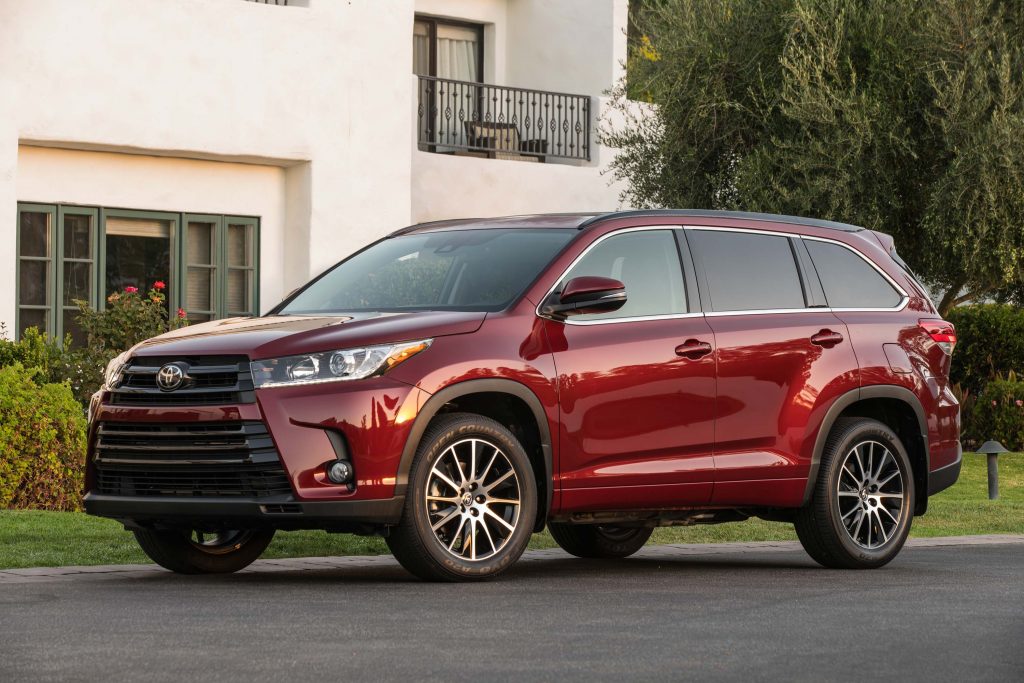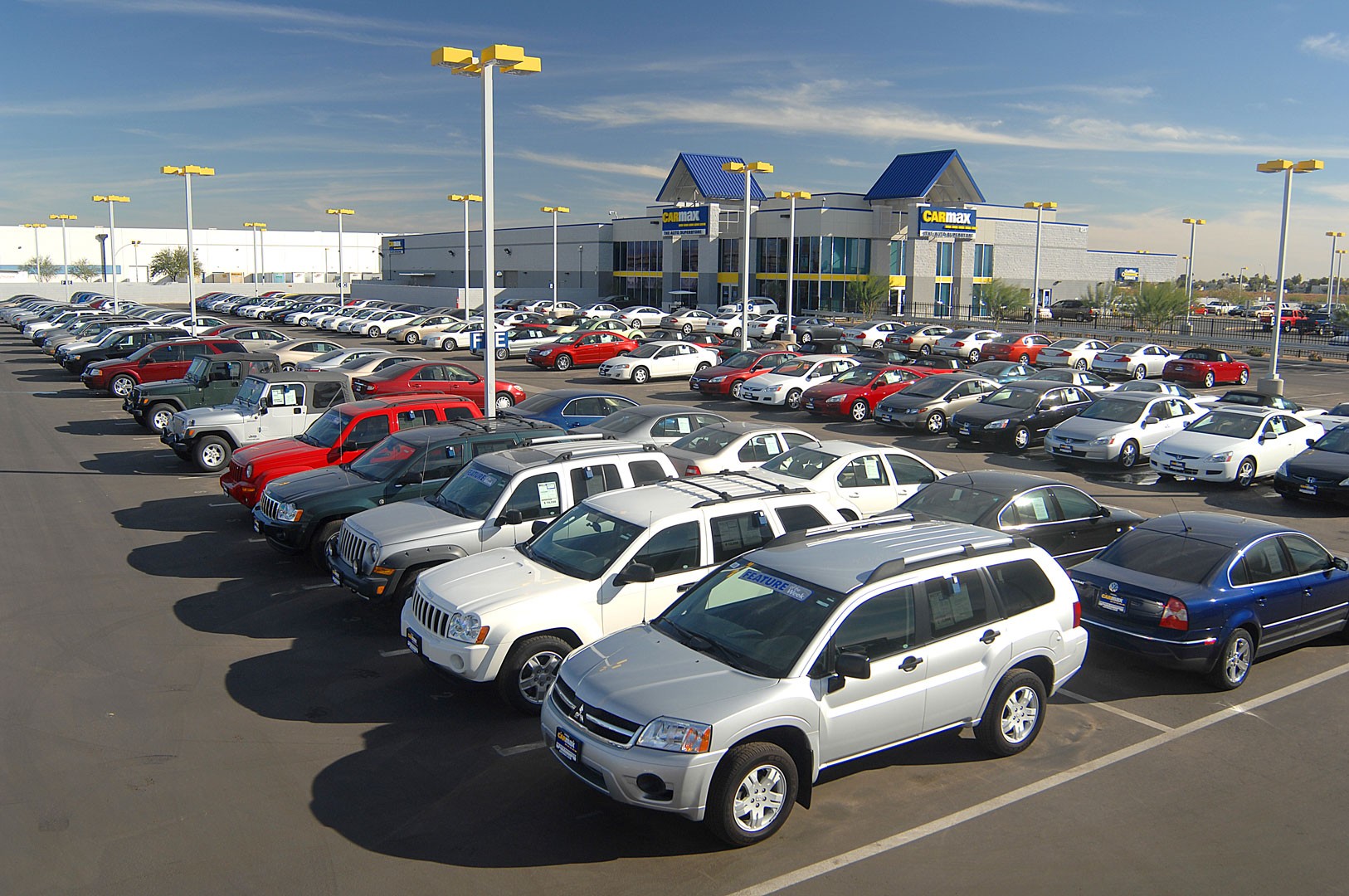Purchasing a vehicle is a major decision that impacts your finances and daily life. While used cars are often an attractive option due to their lower prices, it’s essential to approach the decision carefully. This article explores important factors to help you decide if a pre-owned car is the right choice for your needs. From understanding the advantages and potential pitfalls to evaluating the vehicle’s condition, you’ll gain the knowledge needed to make an informed decision.
Advantages of Buying a Used Car

Cost Savings
One of the biggest benefits of purchasing a second-hand car is the lower upfront cost compared to a new model. Used vehicles have already depreciated significantly, allowing buyers to enjoy reduced prices for relatively recent models. Additionally, you may save on taxes and insurance premiums.
Slower Depreciation
New cars lose a significant portion of their value within the first few years of ownership. In contrast, used cars experience slower depreciation, ensuring better resale value if you decide to sell later.
Access to Higher-End Models
A pre-owned purchase can give you access to luxury or higher-end models that might otherwise be out of your budget. This way, you can enjoy advanced features without paying the hefty price tag of a brand-new version.
Challenges of Purchasing a Used Vehicle
Potential Repairs and Maintenance Costs
Older vehicles might require more frequent repairs or part replacements. Without a warranty, these costs can add up quickly, potentially negating the initial savings.
Limited Warranty
Most pre-owned cars no longer come with the manufacturer’s warranty. While some dealers offer certified pre-owned (CPO) programs that include warranties, private sales typically do not provide this security.
Limited Customization
Unlike buying new, where you can select specific features and options, purchasing used means you may have to compromise on certain preferences like color, trim, or optional upgrades.
Key Things to Consider
Your Budget
Set a clear budget before beginning your search. Include not only the purchase price but also additional expenses like registration, insurance, and future maintenance. Sticking to a budget will help you avoid overspending and focus on vehicles within your means.
Vehicle History Report
Always request a vehicle history report through a service like Carfax or AutoCheck. This document reveals critical information, including prior accidents, service records, and whether the car has a salvage title.
Inspection by a Mechanic
Before finalizing your purchase, have the vehicle inspected by a trusted mechanic. This step can uncover hidden issues that may not be apparent during a test drive or visual examination.
Mileage
Consider the car’s mileage in relation to its age. While high-mileage vehicles may cost less upfront, they are often closer to requiring major repairs. Conversely, extremely low mileage could indicate that the car has been idle for extended periods, which can also lead to problems.
Ownership Costs
Research the specific make and model to estimate ongoing ownership costs, including fuel efficiency, replacement parts, and insurance rates. Some cars are cheaper to maintain and insure than others, making them a more economical choice in the long run.
Certified Pre-Owned Vehicles
Certified pre-owned programs are an excellent option for those seeking peace of mind with their used car purchase. These vehicles undergo rigorous inspections and often come with extended warranties, roadside assistance, and other benefits. Although they are slightly more expensive than non-certified options, the added assurance is worth it for many buyers.
Where to Buy a Used Car
Dealerships
Reputable dealerships often provide warranties, financing options, and certified pre-owned programs. While prices may be higher than private sales, the added reliability and support make dealerships a popular choice.
Private Sellers
Buying from a private seller can save money, as prices are generally lower than at dealerships. However, this route carries more risk, as there are no warranties or guarantees. Be diligent in inspecting the car and reviewing its history.
Online Platforms
Websites like Autotrader, Cars.com, and Craigslist allow you to browse a wide selection of used vehicles. These platforms make it easier to compare prices and models but require extra caution to avoid scams.
Tips for Negotiating a Fair Price
- Research the car’s market value using tools like Kelley Blue Book or Edmunds.
- Be prepared to walk away if the seller is unwilling to negotiate.
- Highlight any issues or repairs needed as leverage for lowering the price.
Financing Options
While used cars are often purchased outright, financing is also an option. Shop around for the best interest rates and loan terms. Be aware that loans for pre-owned vehicles often come with higher interest rates than those for new cars.

Red Flags to Watch For
- Unrealistically Low Prices: Deals that seem too good to be true often are.
- Inconsistent Information: Ensure the car’s documentation matches the seller’s claims.
- Visible Damage or Wear: Scrutinize the vehicle for signs of rust, dents, or worn interiors.
Finalizing the Purchase
Once you’ve decided on a car, ensure all paperwork is in order, including the title transfer and bill of sale. If applicable, verify that any remaining loan balances have been cleared by the previous owner.
Conclusion
Buying a used car can be a smart financial decision if approached with care and diligence. By considering factors like vehicle history, condition, and ownership costs, you can find a reliable car that fits your budget and needs. Remember, investing time in research and inspections is key to ensuring your purchase is a worthwhile one.

Leave a Reply